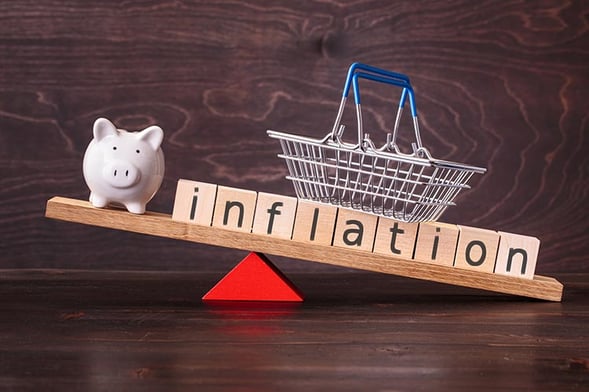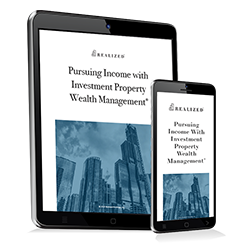
Inflation has a great impact on retirement planning because it is potentially lowering the value of each dollar you save over time. It is definitely something to consider when mapping out a plan for your financial future.
Do you remember how much a gallon of milk was 10-years ago? It was a lot less than it is now. Likely, almost any good or service you can think of will have gone up in price over time. So, what does this mean when you are saving for retirement?
The reality is things cost more in retirement, and the increase can surprise even the most prepared retirees.
The best thing you can do is to prepare, prepare, prepare. It is also important to keep up to speed on the economy and its impact on your retirement savings. It is wise to work with a financial planner who is well versed in retirement planning.
What is Inflation?
The cost of goods and services increasing over time is called inflation. Inflation creates a problem when saving for retirement because the value of the money you set aside might decline. There are many reasons for inflation, including increased demand and higher production costs.
It is likely that the cost of most aspects of your life will increase over time including housing, medical, and expenses of everyday living.
So, inflation greatly impacts retirement savings projections because if you base investments on your cost-of-living today, you aren’t accounting for the higher costs you will likely face in retirement.
How Does It Impact Retirement?
Ultimately, inflation decreases the value your investments will have in retirement. As we discussed above, the value of each dollar will probably be less than when you started saving, so it is important to consider how the impact of increases in cost of living will impact your retirement.
The problem? There is no magic ball that can tell you exactly what the rate of inflation will be. The best you can do is look at trends.
Until now, the historical average rate of inflation has been around 3% per year. The increase varies across categories. For example, the Bureau of Labor and Statistics Consumer Price Index shows that the cost of medical care rose 1.8% in 2020, the food index rose 3.9%, and the energy index actually decreased by 7%.
How does this information help you plan for retirement? While it isn’t an exact science, it is better to overestimate how much money you will need rather than underestimate.
An additional hurdle is the fact that many people are on a fixed income in retirement. There aren’t pay raises and retired people aren’t out looking for higher-paying jobs. The money you have is the money you will live on.
So, the best plan is to stay ahead of inflation and have a close eye on your investments.



